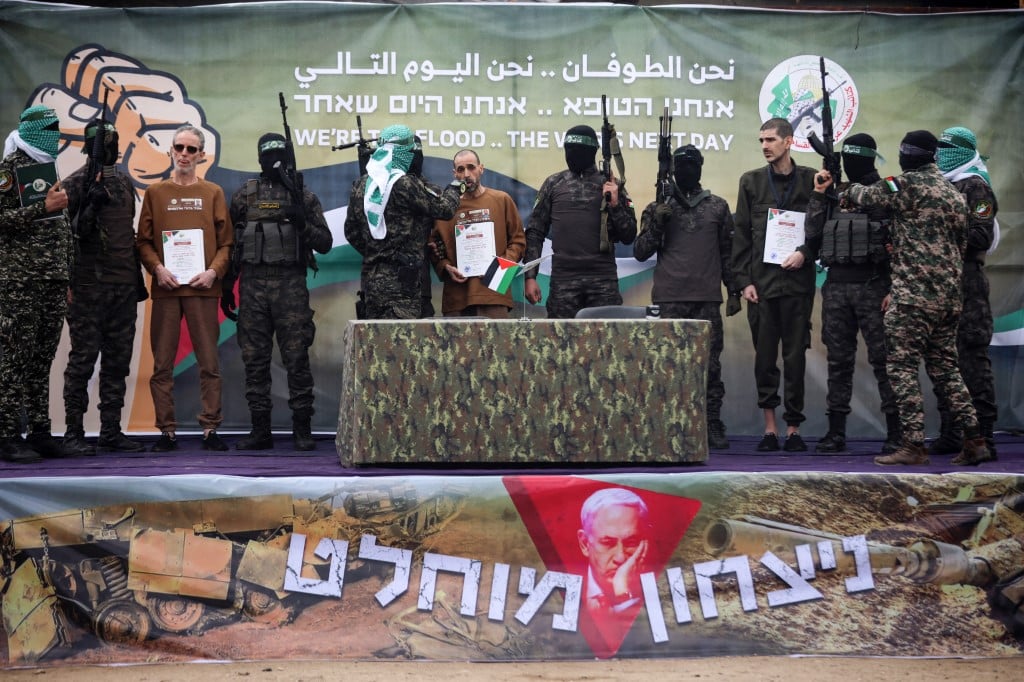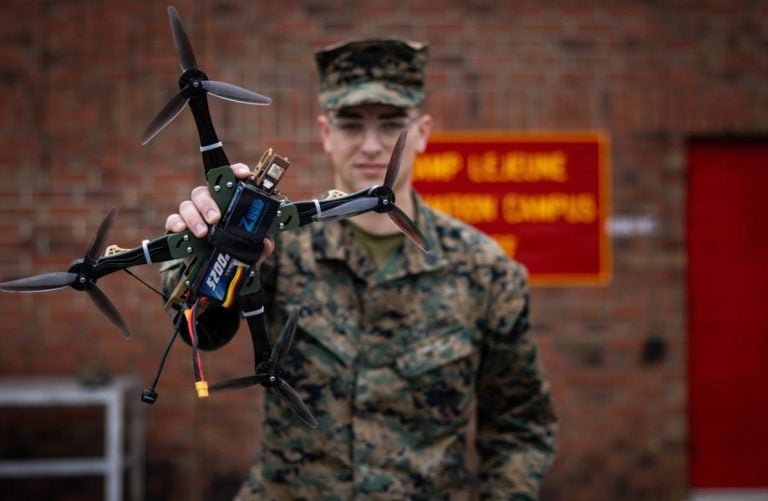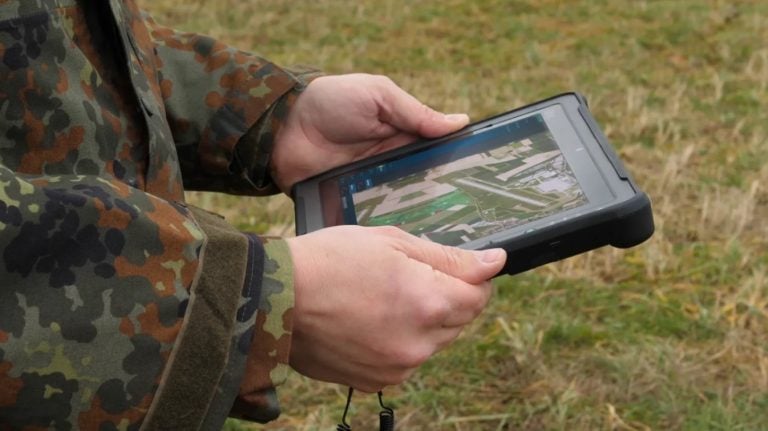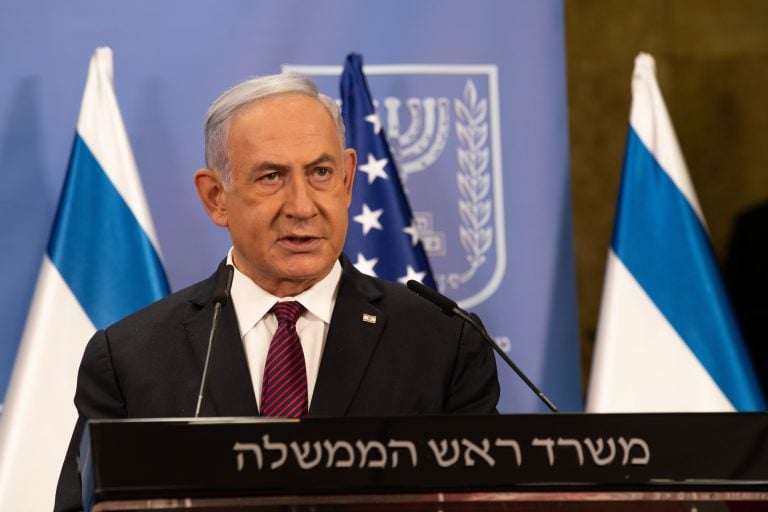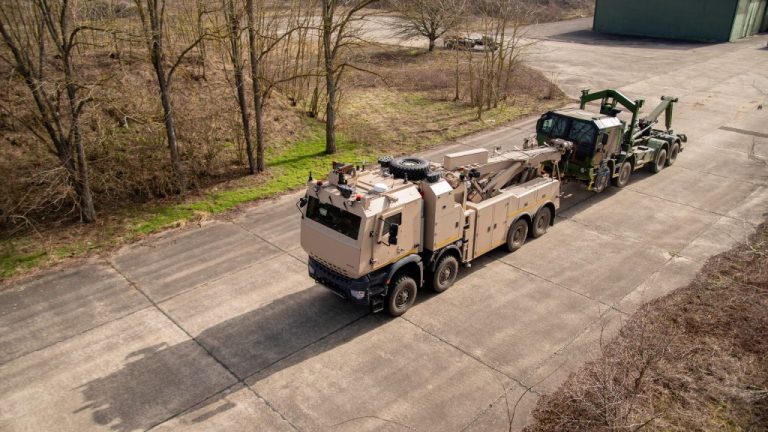Israel and Hamas have successfully conducted their fifth hostage-prisoner exchange under a fragile ceasefire agreement, raising concerns regarding the well-being of those involved. On Saturday, three Israeli hostages, who had been held since Hamas’s surprise attack on October 7, 2023, returned to Israeli territory. Their frail and disoriented appearance elicited immediate dismay from their families, highlighting the psychological and physical toll of their captivity.
The swap involved Israel releasing 183 Palestinian prisoners, with the Palestinian Prisoners’ Club noting that seven of these individuals required hospitalization. The advocacy group condemned the “brutality” and mistreatment reported during their time in confinement, suggesting serious humanitarian concerns.
The latest exchange came amid ongoing discussions regarding the next steps in the ceasefire negotiations, which aim to facilitate a more permanent resolution to the conflict that has claimed thousands of lives on both sides. As these talks loom, the commentary from former President Donald Trump regarding the potential U.S. takeover of Gaza added to the global tension surrounding the situation.
The Israeli military confirmed that the three freed individuals, identified as Or Levy, Ohad Ben Ami, and Eli Sharabi, crossed back into Israel amid celebrations in Tel Aviv. Their return marked a bittersweet milestone, as 73 hostages remain in Gaza, and 34 are believed to have died following their abduction.
The emotion surrounding the exchange was palpable on the ground, with jubilant crowds in Tel Aviv celebrating the hostages’ release. However, the initial joy quickly morphed into concern for their health, as family members noted their thin and pale appearances. One relative expressed relief that the medical treatment would now be available to help the hostages recover.
During the orchestrated handover, images emerged of the hostages making statements in support of the ceasefire extension, described by some observers as a “disturbing” display that raised further ethical questions about their treatment. Israeli officials, including Prime Minister Benjamin Netanyahu, condemned the harrowing images from the exchange, which showcased the traumatized state of the hostages.
In contrast, large gatherings took place in Ramallah as families and supporters welcomed the released Palestinian prisoners. Emotions ran high as they embraced former inmates stepping off buses from Ofer prison. Despite the joyful reunions, medical professionals reported that several released individuals displayed significant health issues, correlating with claims of maltreatment in Israeli correctional facilities.
Hamas continued to assert that the treatment of Palestinian prisoners in Israeli jails reflects systematic abuses, which they describe as part of a broader pattern of oppression. This exchange of hostages represents a continued effort by Hamas to negotiate the release of additional captives in humanitarian corridors.
As negotiations mediated by Qatar, Egypt, and the United States progress towards securing further hostages, the situation remains precarious. With ongoing discussions in Doha anticipated to cover future exchanges, pressure mounts on the Israeli government to uphold the ceasefire agreement. Campaign groups advocating for the hostages have called for a resolute commitment to the truce, reinforcing the urgent need for the safe return of all individuals taken captive since the outbreak of hostilities.
The conflict, which has already resulted in significant loss of life—approximately 1,210 people in Israel and over 48,181 in Gaza—continues to pose a severe humanitarian crisis. The international community watches closely as the fragile ceasefire and hostage negotiations evolve amidst rising tensions and complex political dynamics.
